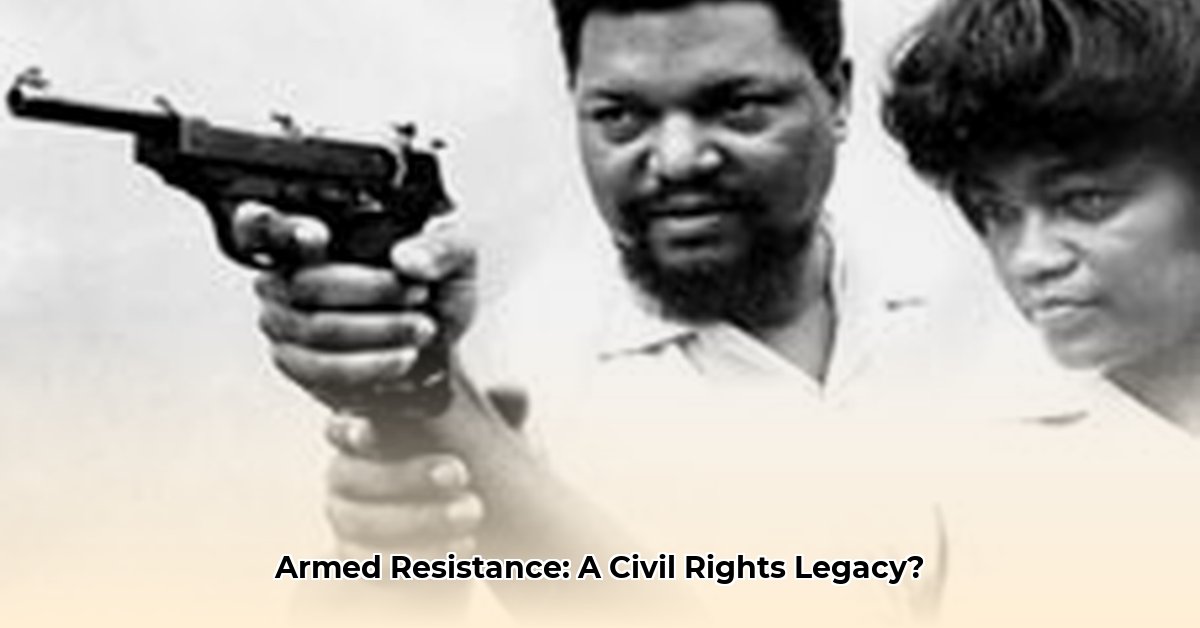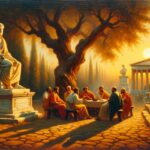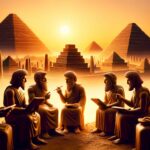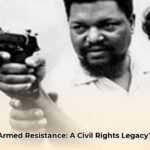Robert F. Williams, a controversial figure in the Civil Rights Movement, challenged the dominant narrative of nonviolent resistance by advocating for armed self-defense. Growing up in the Jim Crow South, witnessing the pervasive threat of Ku Klux Klan violence, and experiencing the systemic inequalities of the legal system, Williams believed that Black communities had the right and the responsibility to protect themselves. This stance positioned him as a radical figure, sparking debate among historians and activists that continues to this day. This article examines Williams’s life, philosophy, and impact, exploring his complex legacy and the lasting questions he raised about the role of violence in social movements.
The Genesis of Armed Resistance: Confronting White Supremacy in Monroe
Williams’s activism began in his hometown of Monroe, North Carolina, a place where the Ku Klux Klan operated with impunity. The Klan’s unchecked violence, coupled with the legal system’s failure to protect Black citizens, fueled Williams’s conviction that nonviolent resistance was insufficient. He witnessed firsthand the brutal beating of a Black woman by a police officer, an event that indelibly shaped his understanding of racial injustice. This experience, combined with his family’s history of armed self-defense, led him to form the Black Armed Guard. This group, composed primarily of Black veterans, stood as a bulwark against white supremacist terrorism, directly challenging the Klan’s reign of terror.
The Black Armed Guard’s actions, while effective in deterring some violence, also placed Williams and his community in legal jeopardy. The 1957 “Kissing Case,” involving two Black boys unjustly accused of molesting a white girl, further exposed the racial biases of the legal system and reinforced Williams’s belief in the need for self-protection. He leveraged international media attention to pressure the governor for a pardon, demonstrating his strategic understanding of public pressure.
Negroes with Guns: A Manifesto for Self-Determination
Williams’s radical philosophy found its fullest expression in his 1962 book, Negroes with Guns. This seminal work articulated his arguments for armed self-defense, challenging the prevailing nonviolent approach of the Civil Rights Movement. He argued that nonviolence, while morally commendable, was ineffective against a system built on violence and oppression. Williams’s book resonated with many Black Americans who felt abandoned by the legal system and faced constant threats of violence. Negroes with Guns became a foundational text for the burgeoning Black Power movement, influencing figures like Huey Newton and the Black Panther Party. The book’s controversial message sparked intense debate within the Civil Rights Movement, raising fundamental questions about the ethics and efficacy of different resistance strategies.
Exile, Radio Free Dixie, and Continued Advocacy
Facing trumped-up kidnapping charges after protecting a white couple during a riot, Williams fled the United States, seeking refuge first in Cuba and later in China. His exile, however, did not silence him. In Cuba, with Fidel Castro’s support, Williams established “Radio Free Dixie,” a powerful platform that broadcast news, commentary, and music to listeners in the United States. He used this platform to advocate for Black liberation, criticize American foreign policy, and encourage resistance to the Vietnam War. In China, Williams continued his advocacy, building relationships with leaders like Mao Zedong and further developing his critique of American imperialism.
A Contested Legacy: Violence, Resistance, and the Pursuit of Justice
Upon his return to the United States in 1969, Williams faced legal challenges, but the charges against him were eventually dropped. He dedicated his later years to scholarship and continued to reflect on the struggle for civil rights. Williams’s legacy remains complex and contested. His advocacy for armed self-defense challenged the dominant narrative of nonviolent resistance, offering an alternative approach to fighting for racial justice. His actions and writings sparked crucial conversations about the role of violence in social movements, the limitations of pacifism in the face of oppression, and the right to self-determination. While some criticized his methods as dangerous and counterproductive, others viewed him as a visionary leader who recognized the necessity of self-defense in a hostile world. Robert F. Williams’s life and work continue to provoke reflection and debate about the complexities of fighting for equality and justice. He reminds us that the pursuit of freedom often requires difficult choices and that the path to liberation is rarely straightforward.
- Revolution Space: Disruptive Ion Propulsion Transforming Satellites - April 24, 2025
- Race Through Space: Fun Family Game for Kids - April 24, 2025
- Unlocking the Universe: reading about stars 6th grade Guide - April 24, 2025
















